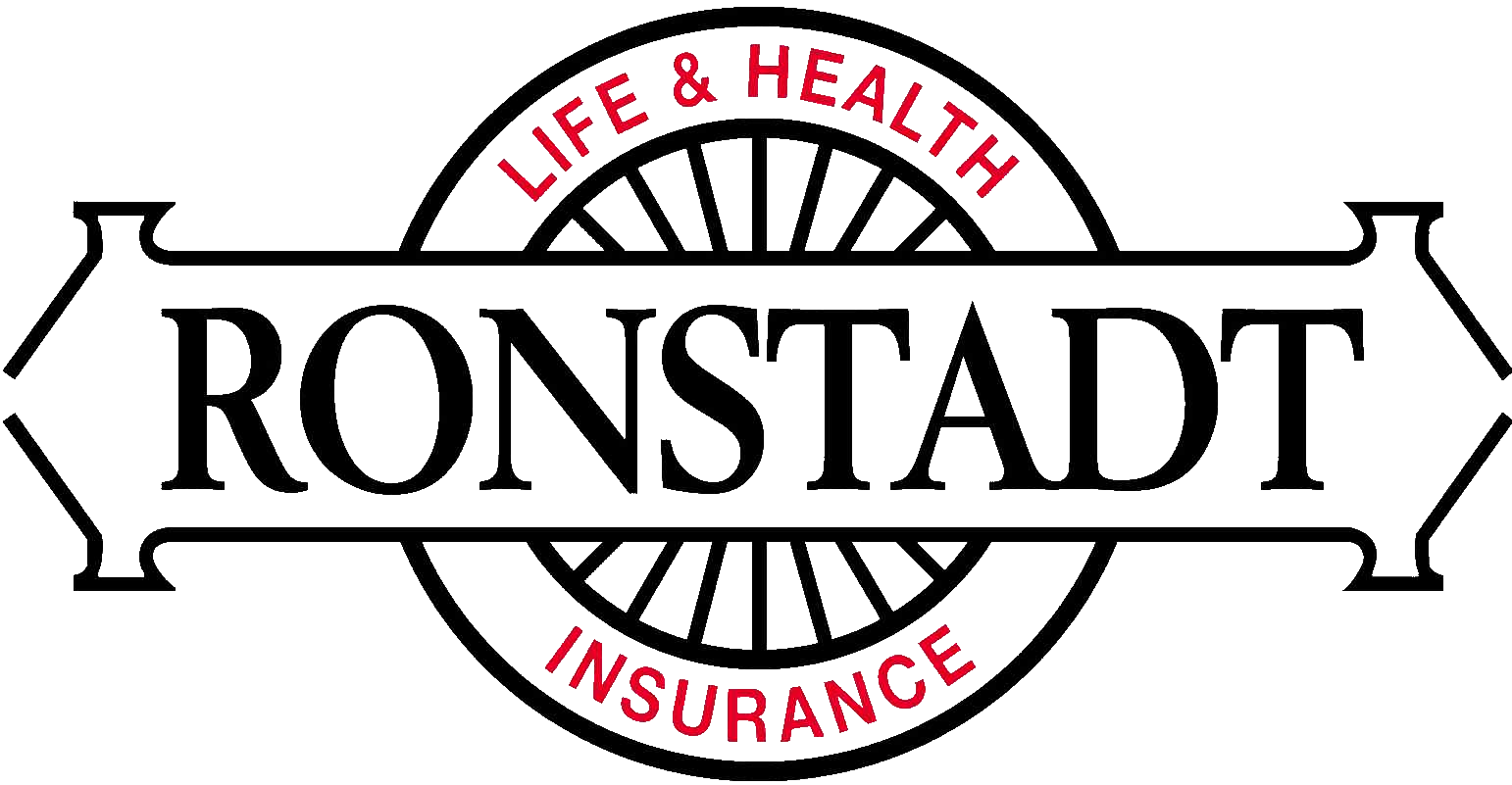Trump Declares National Emergency Over Coronavirus
On Friday, March 13, 2020, President Donald Trump declared a national emergency in response to the new coronavirus (COVID-19) pandemic.
Such a declaration enables individual states and the federal government to more freely allocate financial resources to combat COVID-19. It also allows the president to grant more authority to get around restrictive regulations.
President Trump announced $50 billion in resources to help immediately fight the pandemic, as well as increases in screening and testing access.
Additionally, the president expanded the authority of the director of Health and Human Services (HHS). Specifically, the director can now waive requirements related to:
- Telehealth options
- Doctor license requirements (so out-of-state doctors can provide care)
- Hospital limits regarding emergency beds, location of care and length of stay
These powers are intended to circumvent barriers that can slow medical care. The president also promoted a new website that’s currently in development. This website will help individuals evaluate whether they need to be tested, and allow them to review symptoms and find screening stations. As part of this effort, private sector businesses are partnering with the government to provide “drive-thru” screening stations to allow individuals to be examined from their vehicles. The president stressed that, while more testing kits will be available in the coming weeks, individuals should only be tested if they exhibit symptoms. The new screening website is intended to help limit those seeking a test. President Trump also reiterated that individuals should avoid large groups and nursing homes. The president also praised the NBA and other private businesses that are making efforts to limit COVID-19 transmission.
Employer Takeaway
Employers should consider whether they are doing enough to prevent the spread of COVID-19 in their workplaces. Many employers are having employees work remotely, but that’s not always an option. At the very least, employers should encourage proper hygiene procedures among employees, especially as it relates to washing hands thoroughly and avoiding crowded places whenever possible. COVID-19 may be around for a while, but that
doesn’t mean business operations need to stop. Speak with us for guidance on how to keep your employees safe, healthy and productive during this uncertain period.

















